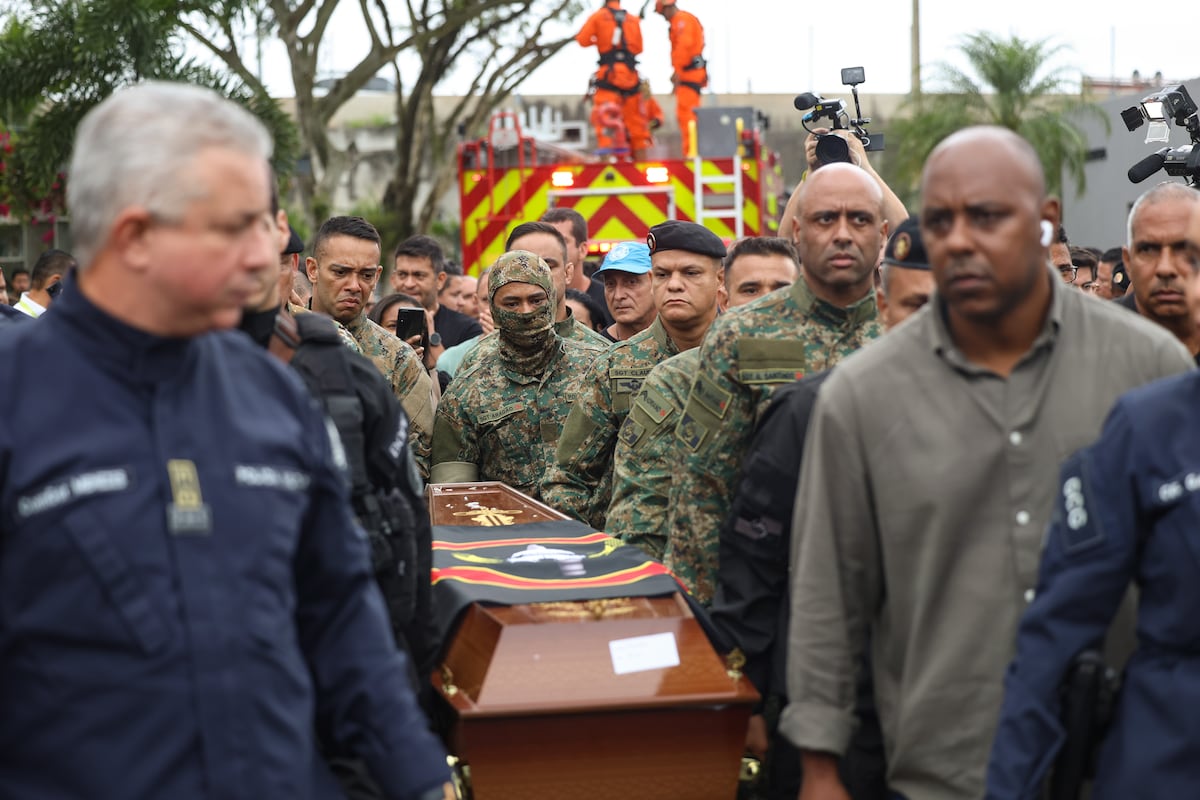
"The police operation that left an unprecedented trail of death in Rio de Janeiro on Tuesday (121, according to the latest official count) is already the subject of furious political debate, even though the fallen officers have only just been buried and many mothers in the favelas are still anxiously waiting to locate or identify their sons. Public safety has thus become a key issue in the lead-up to Brazil's presidential elections in a year's time."
"The duel between supporters of a hardline approach with massive raids and defenders of medium-term strategies more focused on intelligence gathering to economically strangle the powerful groups that arm themselves with drug money is back at the center of the Latin American political debate, whether in Brazil, Mexico, or Chile. And, specifically, two neighboring countries Argentina and Paraguay have reinforced their borders to prevent the passage of fugitives."
"declared Rio de Janeiro Governor Claudio Castro, a Jair Bolsonaro ally, at a press conference on Tuesday, while the operation was still underway. This is a war that has nothing to do with urban security, he added, but is fueled by the weapons of international drug trafficking. He criticized the lack of support from the federal government. He also hinted that he might ask for help from the Armed Forces"
The police operation in Rio de Janeiro left 121 dead and intensified political conflict while families sought missing relatives. Public safety has become a central issue ahead of Brazil's presidential election. The massacre is described as one of the worst security-force attacks in Latin America and has renewed regional debate on combating organized crime. Advocates of massive raids clash with proponents of intelligence-driven, medium-term strategies to economically weaken drug-funded groups. Argentina and Paraguay reinforced borders to block fugitives. Rio Governor Claudio Castro framed the violence as a drug-trafficking war, criticized federal inaction, and suggested military assistance.
Read at english.elpais.com
Unable to calculate read time
Collection
[
|
...
]